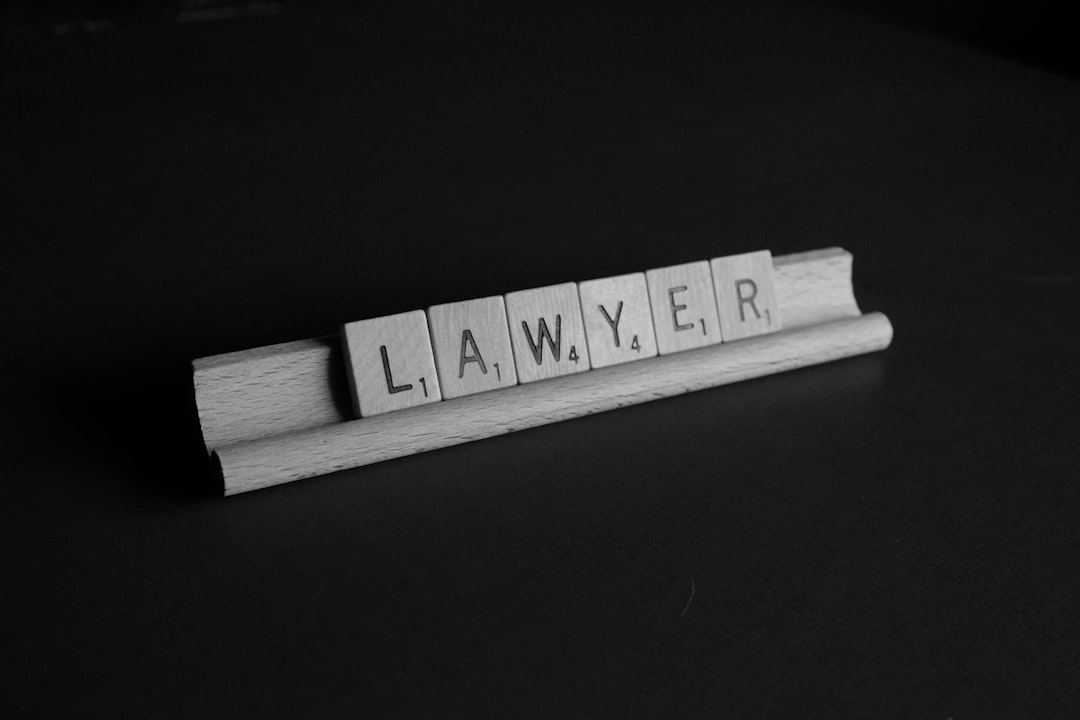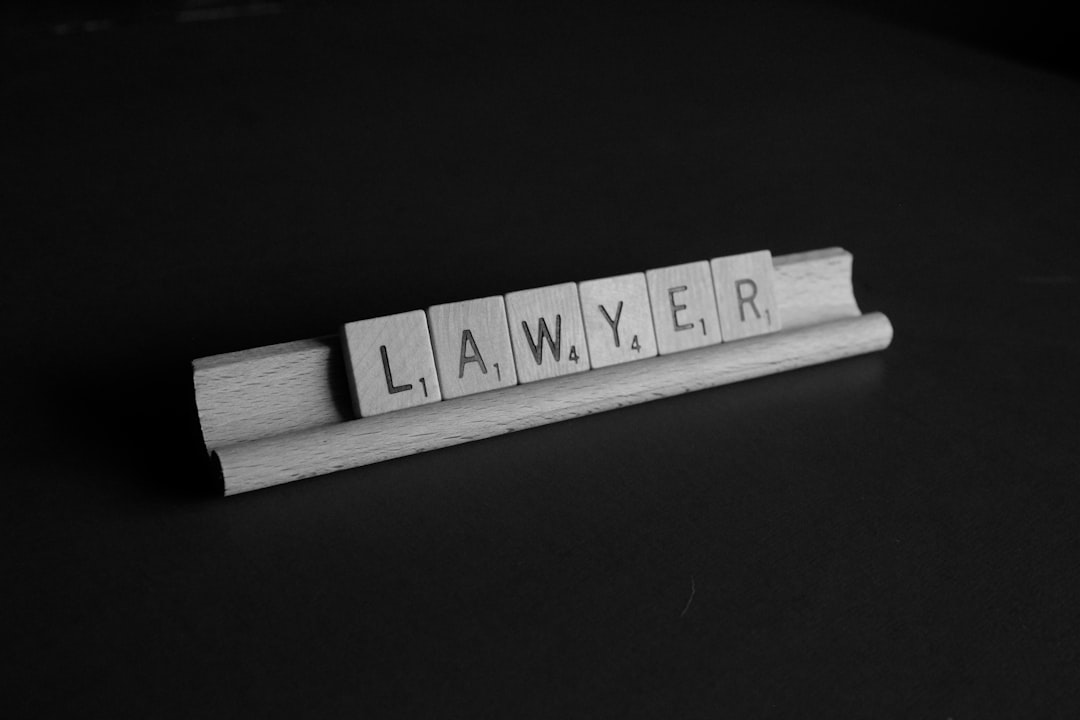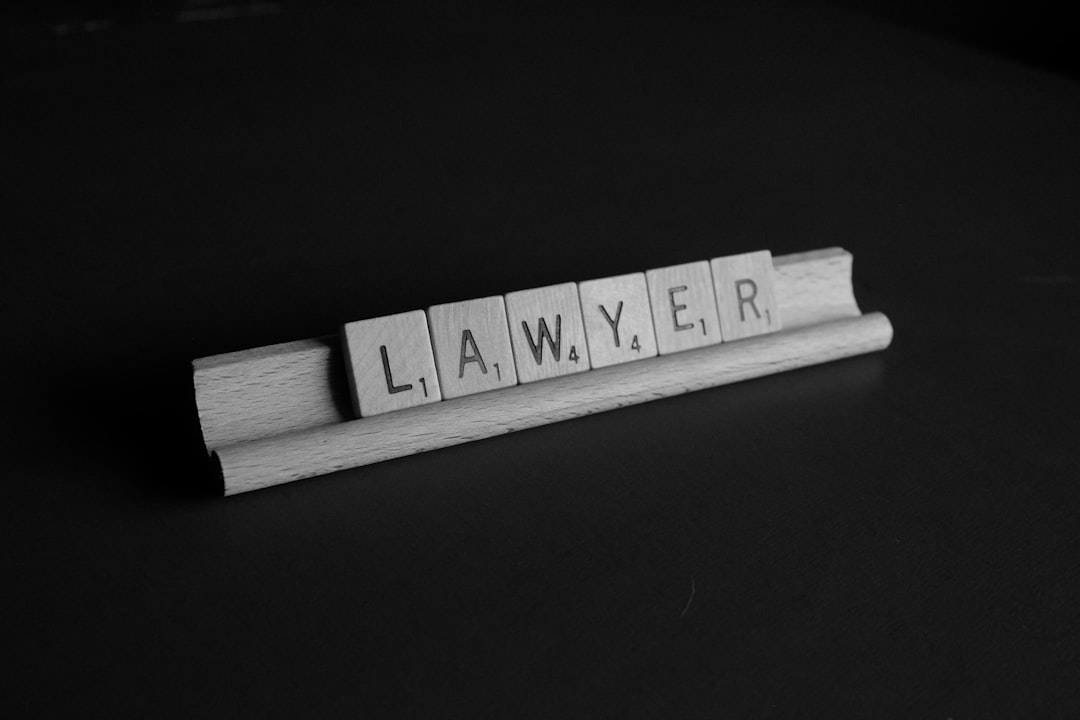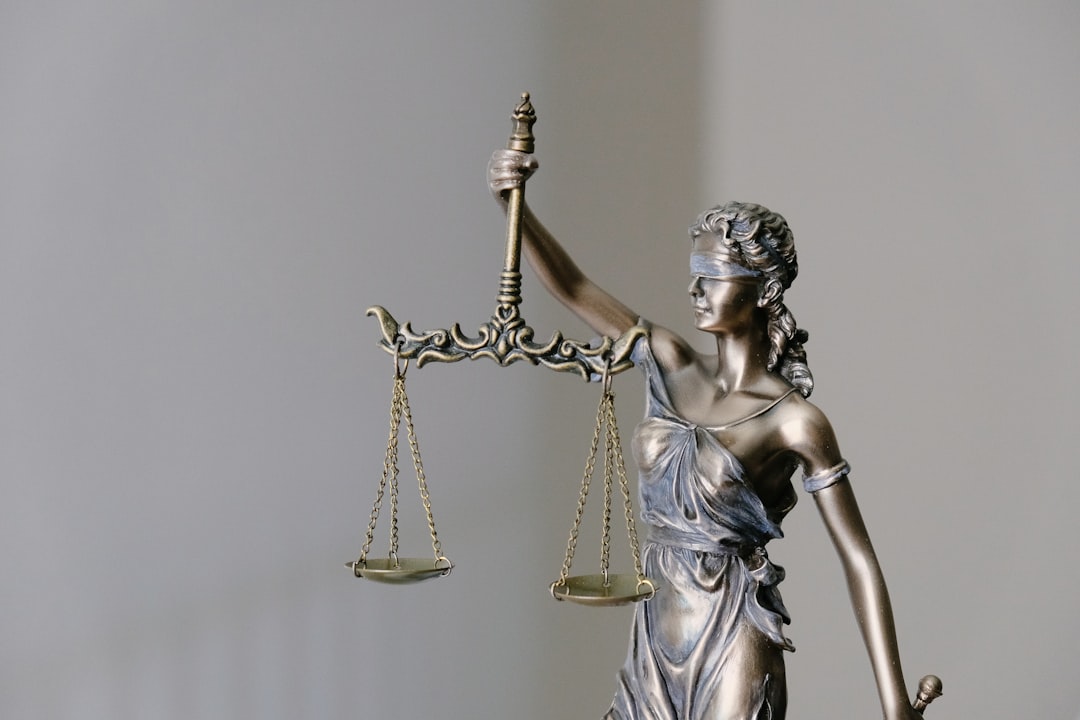Transferring child abuse cases between states, like Denver to other jurisdictions, demands a meticulous legal process prioritizing the child's interests and procedural fairness. Child protection agencies collaborate to choose the most suitable state, considering safety, accessibility, and specialized services. A skilled child abuse attorney in Denver, CO navigates complex laws, ensures compliance with interstate compact rules, safeguards rights, and guides clients through investigations, paperwork, evidence presentation, and advocacy. The process starts with a thorough case assessment, seamless communication, and coordination between legal teams across locations to ensure continuity of care. Child abuse attorneys in Denver CO play a vital role in protecting vulnerable children, securing justice, and managing complex interstate cases effectively.
Transferring child abuse cases across state lines presents unique challenges, particularly in Colorado. This article delves into the intricate process, exploring how legal professionals navigate inter-state transfers for the well-being of abused children. We examine the legal framework governing case relocation in Colorado, from understanding jurisdiction to the rights of both victims and accused. Effective communication and collaboration between attorneys are key to ensuring a smooth transfer, ultimately enhancing the delivery of justice. For Denver CO residents seeking child abuse attorney services, this guide offers valuable insights into this critical aspect of the legal system.
Understanding Inter-State Child Abuse Case Transfers

Transferring child abuse cases between states, particularly between Denver and other jurisdictions, involves a meticulous legal process designed to protect the interests of the child and ensure procedural fairness. This inter-state transfer procedure is crucial for children who have suffered abuse in one state but may require specialized care or legal representation in another. A child abuse attorney in Denver, CO, plays a pivotal role in facilitating these transfers by understanding the intricate legal framework governing such cases.
The process begins with an evaluation of the jurisdiction where the abuse occurred and the current whereabouts of the child. Child protection agencies collaborate to determine the most appropriate state for the case to be heard, considering factors like the child’s safety, accessibility to resources, and the availability of specialized services. Legal professionals, especially those specializing in child abuse cases, assist in navigating the unique legal requirements of each state, ensuring compliance with interstate compact laws and facilitating a smooth transfer without compromising the rights of all parties involved.
Legal Framework for Relocating Cases in Colorado

In Colorado, the legal framework for relocating child abuse cases involves a delicate balance between ensuring justice and maintaining stability for the victim. When a case is transferred between Denver and other states, several key procedures come into play. A child abuse attorney in Denver, CO, plays a pivotal role in navigating these complexities. They guide clients through the legal process, which often requires cooperation with authorities in both jurisdictions. This includes filing appropriate paperwork, presenting evidence, and advocating for the best interests of the child.
The process begins with a thorough assessment of the case by the attorney, who determines the most effective strategy for transfer. This involves understanding the laws of both states, as jurisdiction over child abuse cases can vary significantly. Effective communication and coordination between legal teams in different locations are essential to ensure a seamless transition and continuity of care for the abused child.
Process of Referring and Accepting Cases

When a case of child abuse is identified, the initial step in the process involves referring it to the appropriate authorities, often including law enforcement and social services. In Denver, Colorado, concerned individuals or professionals can report suspected child abuse by contacting the local Department of Human Services. This referral triggers an investigation that determines the validity of the claim and the level of risk to the child’s safety.
If the case meets the criteria for interstate cooperation, it may be referred to another state where the alleged abuser resides or has significant ties. This involves coordination between Denver’s legal system and the receiving state, ensuring proper jurisdiction and adherence to laws governing child abuse cases across states. Child abuse attorneys in Denver CO play a crucial role in this process by facilitating communication, providing legal advice, and representing clients’ interests during transfers, thereby safeguarding the rights of both the child and their family.
Rights and Responsibilities of Child Abuse Attorneys

Child abuse attorneys in Denver, CO, play a pivotal role in protecting vulnerable children and ensuring justice for their victims. They are responsible for navigating complex legal procedures to transfer cases between states, which is crucial when the abuser or witnesses reside elsewhere. These attorneys have a dual duty: to advocate for their young clients’ rights while adhering strictly to legal protocols.
One of their primary responsibilities is to gather and present compelling evidence to support the case, often involving delicate and sensitive information. They must ensure client confidentiality, maintain strict ethical standards, and communicate effectively with all relevant parties, including law enforcement, social services, and courts in other states. Child abuse attorneys must be well-versed in interstate collaboration, understanding the legal frameworks that facilitate the transfer of cases to ensure a smooth and just process for their young clients.
Effective Communication: A Key to Successful Transfers

Effective communication is paramount in transferring child abuse cases between Denver and other states, ensuring a seamless process for all involved parties. Child abuse attorneys in Denver CO play a pivotal role here, acting as liaisons who orchestrate the exchange of critical information between jurisdictions. This includes detailed case files, medical records, and witness statements that are essential for building a robust legal strategy.
A well-communicated transfer process helps mitigate potential delays, reduces errors, and maintains the integrity of evidence. Child abuse attorneys in Denver CO must possess excellent written and verbal communication skills to facilitate clear discussions with their counterparts in other states, fostering collaboration that benefits the child’s best interests.

